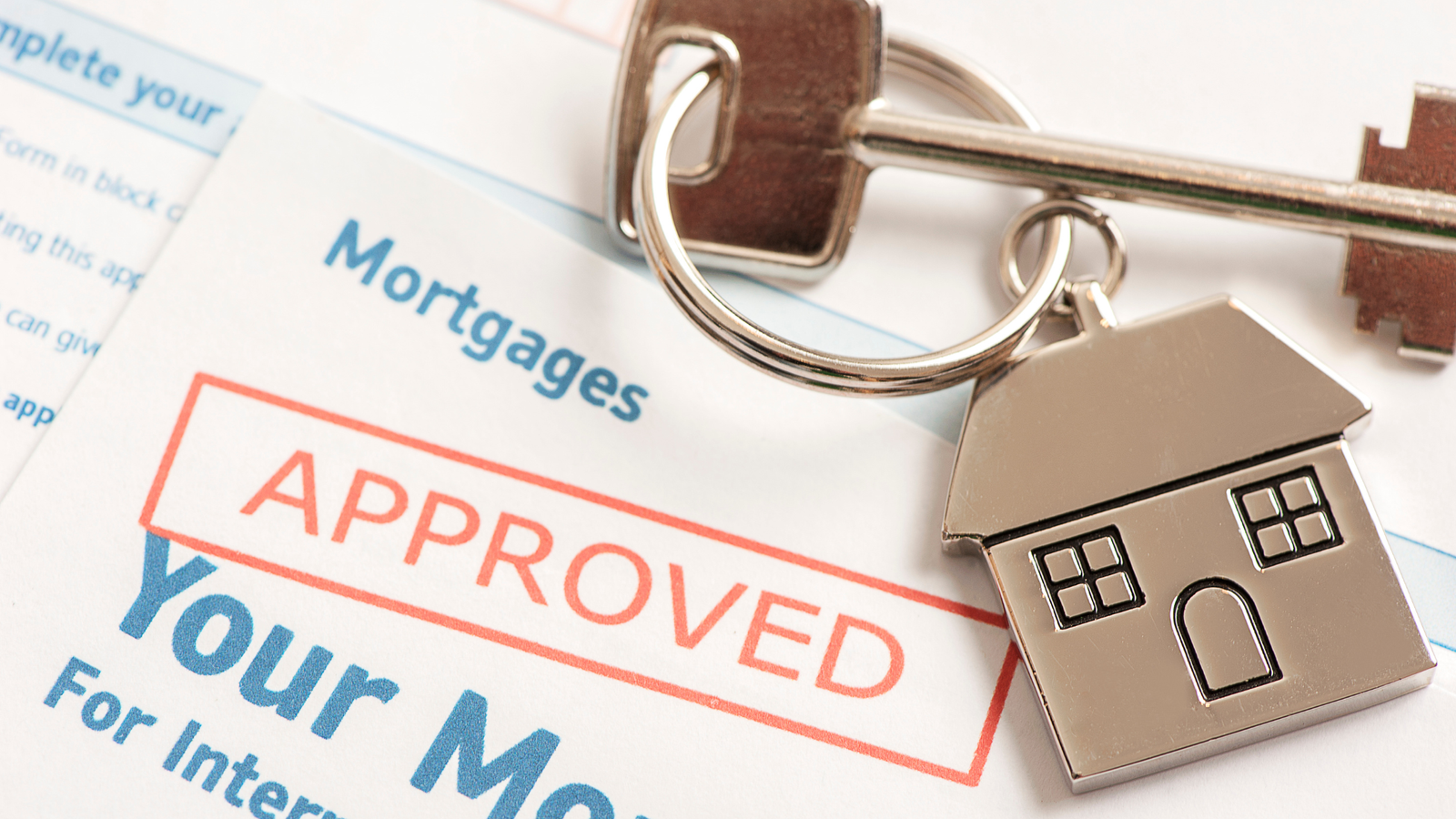Home ownership in today’s economy is challenging, but with rent to own contracts, prospective homeowners have a higher chance of getting the place they desire. However, like all investment options designed for first-time investors, plenty of scammers are ready to take advantage of young people looking for their first home.
So, how do you tell one from the other?
What is Renting to Own?
Before getting started with how to spot a scam, it’s important to know what “renting to own” means and how it works. Generally speaking, a “rent to own” property is one that landlords are willing to sell to their renters. In a rent to own contract, tenants have the option to purchase the home they’re renting after a specified period, or they can close the contract and not purchase the property. During the rental period, tenants can prep the home for renovations and remodel it as they wish since their contract stipulates that there’s a strong possibility for purchase.
How it Works
Renting to own relies primarily on higher rent prices since a portion of the rent goes towards a down payment on the house. If a renter chooses not to buy the house after their rental period finishes, they don’t usually get their invested money back. It’s always important to “shop around” for rent to own properties to get the most out of your investment.
Main Ways to Spot a Scam
The biggest pro of renting to own is that potential homeowners can work towards paying for their house slowly without having to shell out $40,000 or so for a down payment right away. However, scammers will attempt to sell houses above their market price or scam renters into a problematic contract. Here are some of the most telling signs you’re dealing with a rent to own scam:
The Contract is Non-Specific
Any contract that isn’t specific about the rental period, payment methods, and other key details is one you definitely don’t want to sign. Contracts riddled with discrepancies or ones that use vague language throughout are also signs of a poor contract. All renting, leasing, or rent to own contracts will contain specific terms and conditions that outline exactly what the landlord expects from their tenant and the potential consequences for failure to uphold the contract’s terms.
Scam contracts will purposefully leave out information or use vague terms to create legal loopholes, which the scammers can use to get more money out of you.
There are Nonrefundable Fees
Your rent to own contract will also contain a detailed list of the fees included. For a typical rent to own contract, you’ll have an “option fee,” which provides tenants with the option to purchase the home, and “rent credit,” which is the money from your monthly rent that goes towards a down payment on the home. If you see any other fees on your contract, ask about them! Make sure you know exactly what you’re paying for and how you pay for it– while it’s unlikely to get the option fee and rent credit refunded at the end of your lease, other fees should still be accessible, like a security deposit.
You Don’t Know the Seller’s History
Shady sellers aren’t always proof of a scam, but you may walk into a less-than-ideal situation if you don’t know your landlord’s history. Before signing a contract, look into your landlord and try to find answers to the following questions:
- Does the seller have 100% ownership over the property?
- Have they paid property taxes over the last few years?
- Is the house up for foreclosure?
- If the landlord owns multiple properties, are they all in decent condition?
- If the landlord owns multiple properties, are there any reviews from other buyers?
If you can’t find answers to these questions or find that the seller hasn’t paid taxes, has the house up for foreclosure, or doesn’t completely own the property, it’s best to look elsewhere.
The Property is in Poor Condition
The most obvious red flag of a rent to own scam is that the property is in terrible condition. If you tour the location and it doesn’t match the photos, or if the place is seriously deteriorating, there’s a chance the seller is looking for you to put extra money in for the property’s upkeep. One of the biggest risks with renting to own is that mismanagement or neglect can tank a property’s value, but you’ll still have to buy the home for the price listed on your initial contract.
Other Red Flags
These red flags don’t necessarily revolve around renting to own but are generally bad signs for any prospective renter or homeowner:
The Seller Wants You to Apply Before Seeing the Property
As a general rule of thumb, always get a good look at something before you make a massive purchase or investment. Landlords who push for applications before a tour may try to rope you into renting something that’s lower quality than what you’re paying for.
No Photos of the Property
Photos are a great way to get a brief preview of a property, and most apartment and real estate sites feature galleries with their various listings. If you’re looking for a place using the internet, ensure the property has an associated photo gallery. Keep in mind that photos aren’t a decent substitute for an in-person tour– you’ll also need to schedule one with the landlord!
Poor Communication
While not necessarily indicative of a scam, poor communication skills can leave you high and dry in desperate times. If the landlord you’re communicating with isn’t pulling their weight, it’s a strong sign that they won’t be reliable while you’re renting with them either.
In Summary
Unfortunately, there are a lot of scammers in the market today trying to push a deal that is “too good to be true”. That’s why it is important that you you do you research and work with someone you trust like a local real estate agent who can help you find rent to own properties in your area and then help you negotiate directly with the property owner.
Just like any other rental agreement, having a good credit score is also important to help you qualify for a home you love at a price you can afford. To get help repairing your credit, check out our review of the best credit repair companies to work with.










